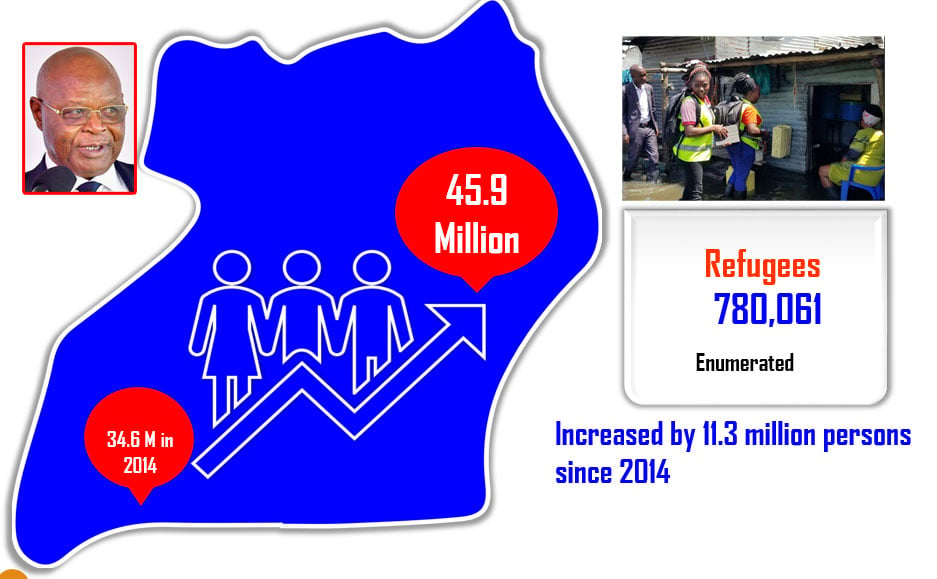Prime
What Uganda and Saudi Arabia have in common
What you need to know:
- Tortured. What transpired in Uganda last week could also be extra grim footage from The Last King of Scotland: five plain-clothed thugs set upon a hapless victim, Yusuf Kawooya, on a sun-lit street in Kampala.
What do Uganda and Saudi Arabia have in common? On the surface, it would seem not very much – except perhaps a feral hatred for dissidents and activists. Both countries have also had the misfortune of being exposed in the worst possible light – as savage regimes.
For Saudi Arabia, the events surrounding the disappearance and subsequent murder of Jamal Khashoggi unfolded like the plot of a thrilling action movie: a hit squad of 15 well-suited henchmen lay in wait at an embassy in Istanbul, Turkey. Their unwitting prey delivered himself into their hands and was never seen alive again.
What transpired in Uganda last week could also be extra grim footage from The Last King of Scotland: five plain-clothed thugs set upon a hapless victim, Yusuf Kawooya, on a sun-lit street in Kampala. After pounding the man down with gun butts, he was hurled like a sack of premium potatoes into a nondescript vehicle and whisked away into the unknown future of the eternally damned.
(Lately, this pattern of savaging people and then disappearing them seems to be a highly favoured State trick.)
In both hits, the rest of the world was left open-mouthed with disbelief at the sheer audacity of the assailants’ actions. Even US president Donald Trump expressed acute discomfiture with the bungled Saudi escapade; and he is generally not one to worry about the ‘how’ alongside the ‘what’.
To be fair, these two countries are hardly the worst PR managers of their national human rights abuse programmes; many other countries are doing a far worse job of hiding their excesses and getting away with it. One cruel irony is that Turkey came off this episode smelling like a defender of truth and justice when in fact, well, the facts tell otherwise.
Be that as it were, both Saudi Arabia and Uganda have a lot of best practice to share, to support each other at this difficult time when they face censure from less fragrant allies. And without Saudi Arabia’s coveted oil-sleek handshakes, Uganda may have to work harder to get back into good graces. Bananas don’t fetch much in the high-stake game of global hypocrisy.
Apparently, Khashoggi’s relatives were granted an audience with the Saudi crown prince to receive his condolences at the tragic demise of their family member. The prince promised to get to the bottom of the matter and bring the perpetrators to justice - such magnanimity.
Uganda could take a leaf from this playbook and appear more sympathetic to the families of the abused. The optics would be great of Mr Kawooya’s family at State House, the female members on their knees for a lengthy traditional greeting session, and soon after, a large check with at least eight zeroes would make its appearance for them to smile over. When people are assured of large cash payments to sooth their sorrows, they might be more amendable to torture.
Yet Uganda did one slightly better than the Saudis when the five, armed thugs involved in the incident appeared before a kangaroo court for a disciplinary hearing. There they were for us to gawk at, all rumpled and dishevelled, looking much less powerful than when we first saw them. Even more satisfying was to hear them plead for leniency – and forgiveness. Sorry buddy, this is one of the circumstances where we prefer an eye for an eye.
Which is what they practice in Saudi Arabia. Even though we probably won’t get the satisfaction of a sham public trial, it is nearly guaranteed that the finger-cutting 15 will never be seen in public again. Which is kind of sad, considering that the most attractive benefit of brutality with impunity is never having to face any consequences.
Ms Barenzi is a communications professional and writer
[email protected]




